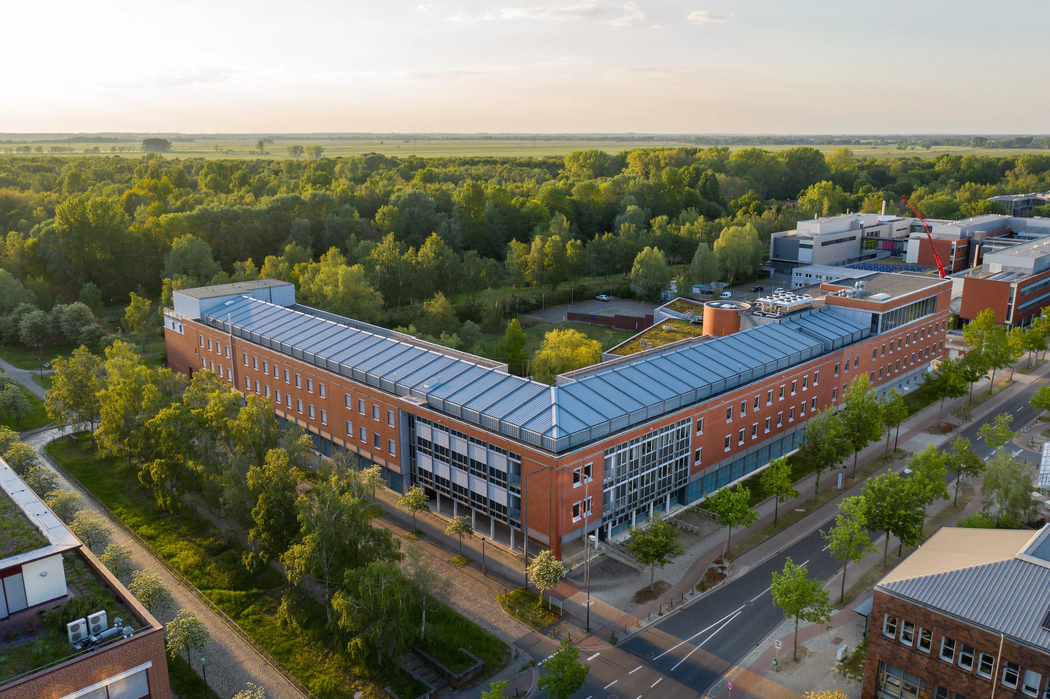How Can Acetogenic Bacteria Process Carbon Monoxide?
DOI:
https://doi.org/10.21036/LTPUB10948Researcher
Olivier Lemaire is a postdoctoral researcher in the Microbial Metabolism Research Group at the Max Planck Institute for Marine Microbiology in Bremen. He completed both his masters and his PhD at Aix-Marseille University. He has also conducted research at the CNRS, Marseille. Lemaire’s main research interests include ecology, evolution, life and its origins and exobiology. Drawn on in the research presented here, Lemaire also has specialist knowledge of prokaryotic species enrichment/cultivation and protein crystallization and analysis.

Original Publication
Gas Channel Rerouting in a Primordial Enzyme: Structural Insights of the Carbon-Monoxide Dehydrogenase/Acetyl-CoA Synthase Complex from the Acetogen Clostridium Autoethanogenum
Olivier N. Lemaire,
Tristan Wagner
Published in
Citation
Olivier N. Lemaire,
Latest Thinking,
How Can Acetogenic Bacteria Process Carbon Monoxide?,
https://doi.org/10.21036/LTPUB10948,
Credits:
© Olivier N. Lemaire
and Latest Thinking
This work is licensed under CC-BY 4.0
